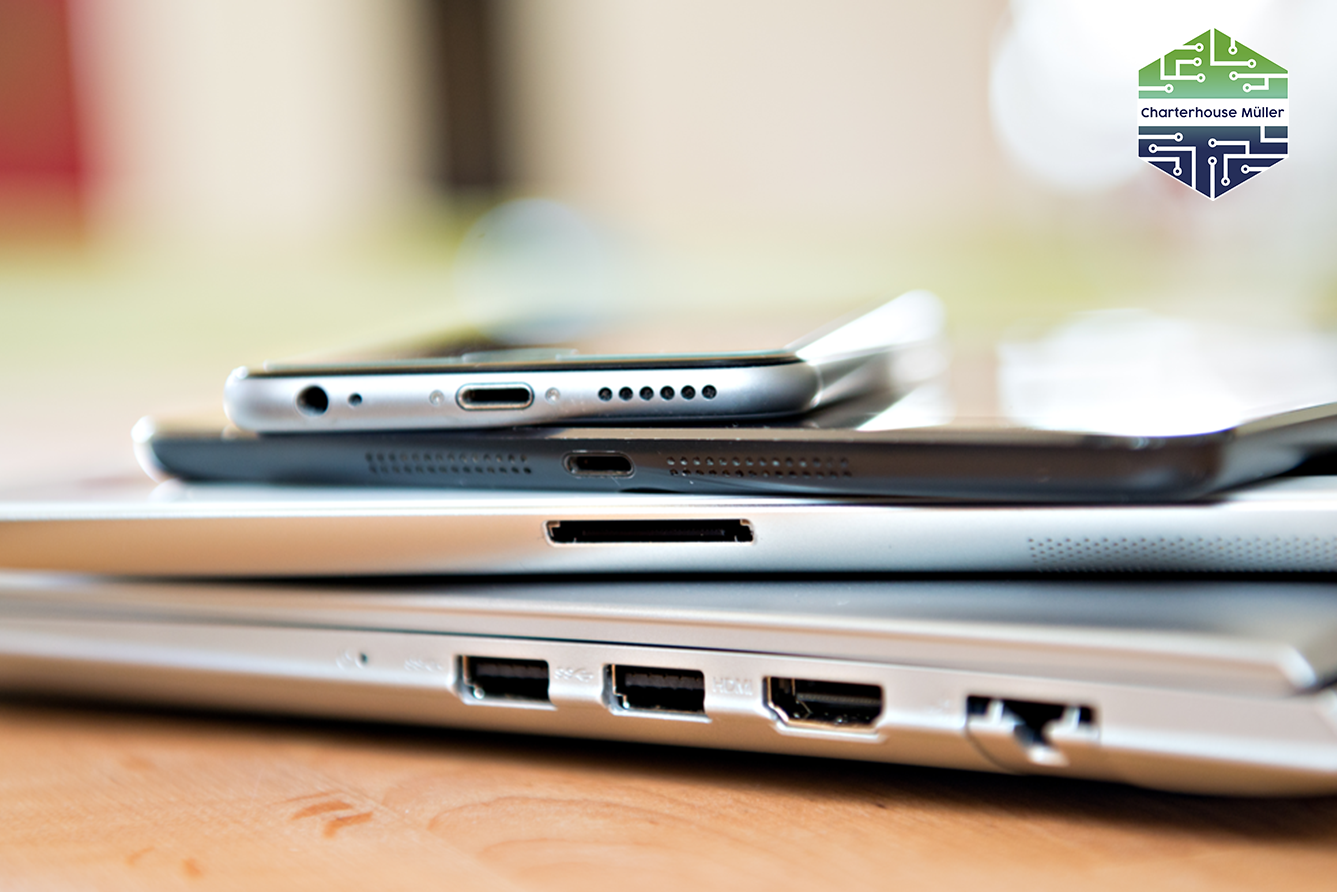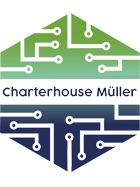
20 Mar What is secure IT Asset Disposition?
The disposition of IT assets presents a crucial challenge for businesses, schools and the public sector aiming to protect sensitive data while also promoting environmental sustainability.
Secure IT asset disposition, with a focus on recycling, reuse and data erasure, is paramount in ensuring both data security and responsible environmental stewardship.
In this blog, we’ll explore the significance of recycling and data erasure in IT asset dispositioning and outline best practices to adopt.
Background
When it comes to disposing of IT assets, the primary concern for organisations is often the protection of sensitive data stored on these devices. Simply deleting files or formatting drives is insufficient, as data remnants can persist and pose a risk of unauthorised access or data breaches. Therefore, appropriate data erasure techniques must be employed to ensure that information is securely removed from IT assets before they are recycled or repurposed, which is why at Charterhouse Muller, we give our clients the option of approved erasure methods via Blancco or Zip-erase, both of which are ADISA approved erasure methods.
Data erasure involves the systematic overwriting of storage media with random data, rendering the original information irrecoverable. This process, when executed using industry-standard algorithms and methods, ensures compliance with data protection regulations and safeguards against potential security threats. By thoroughly erasing data from IT assets before recycling, organisations can mitigate the risk of data breaches and protect sensitive information.
In addition to data security concerns, consideration must be given to the environmental impact of IT asset disposition. The improper disposal of electronic waste (e-waste) contributes to pollution, resource depletion and environmental degradation. Recycling IT assets not only prevents e-waste from ending up in landfills but also promotes the reuse of valuable resources and reduces the demand for raw materials. For recycling, it’s a must to use a partner that has a zero-landfill policy, such as Charterhouse Muller.
Recycling IT assets involves the responsible dismantling, sorting and processing of electronic components to recover materials such as metals, plastics and glass. These materials can then be recycled and used to manufacture new products, closing the loop on resource consumption and reducing the environmental footprint of electronic devices. By adopting recycling practices in IT asset disposal, businesses can minimise their environmental impact and contribute to a more sustainable future.
To effectively integrate recycling and data erasure into IT asset disposal processes, business, schools and public sector organisation should adopt best practices and industry standards. This should include implementing comprehensive asset tracking and inventory management systems to ensure the proper identification and handling of IT assets throughout their lifecycle. Additionally, partnering with a certified ITAD such as Charterhouse Muller, can provide expertise and assurance in achieving secure and environmentally responsible disposal practices.
Furthermore, priority in the selection of recycling facilities and service providers who adhere to environmental regulations and sustainability standards should be set high. Collaborating with Charterhouse Muller will ensure that IT assets are disposed of responsibly and in accordance with environmental best practices.
In conclusion, secure IT asset disposition (ITAD), with a focus on reuse and data erasure, is essential for businesses seeking to protect sensitive data and promote environmental sustainability. However, it’s critical to partner with an expert such as Charterhouse Muller who have the all the accreditations, certifications and best practices to ensure your equipment is recycled securely and responsibly.
If you are looking to partner with Charterhouse Muller, we can provide data wipe certifications as well as CO2 reporting to demonstrate that you have met crucial best practices, along with fair market rebates on assets which can be resold and repurposed.
For more information on our certified data erasure/wiping and ITAD solutions, please get in touch.

